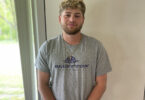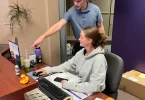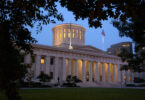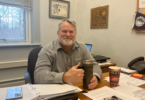April 3 marks this year’s Civic Engagement Day, an annual tradition where students, faculty, staff and the broader community take part in themed discussions and learning experiences that extend beyond their typical classroom routine. This year’s theme is, “When Talking is Tough: Respectful Conversations in a Divided Nation.”
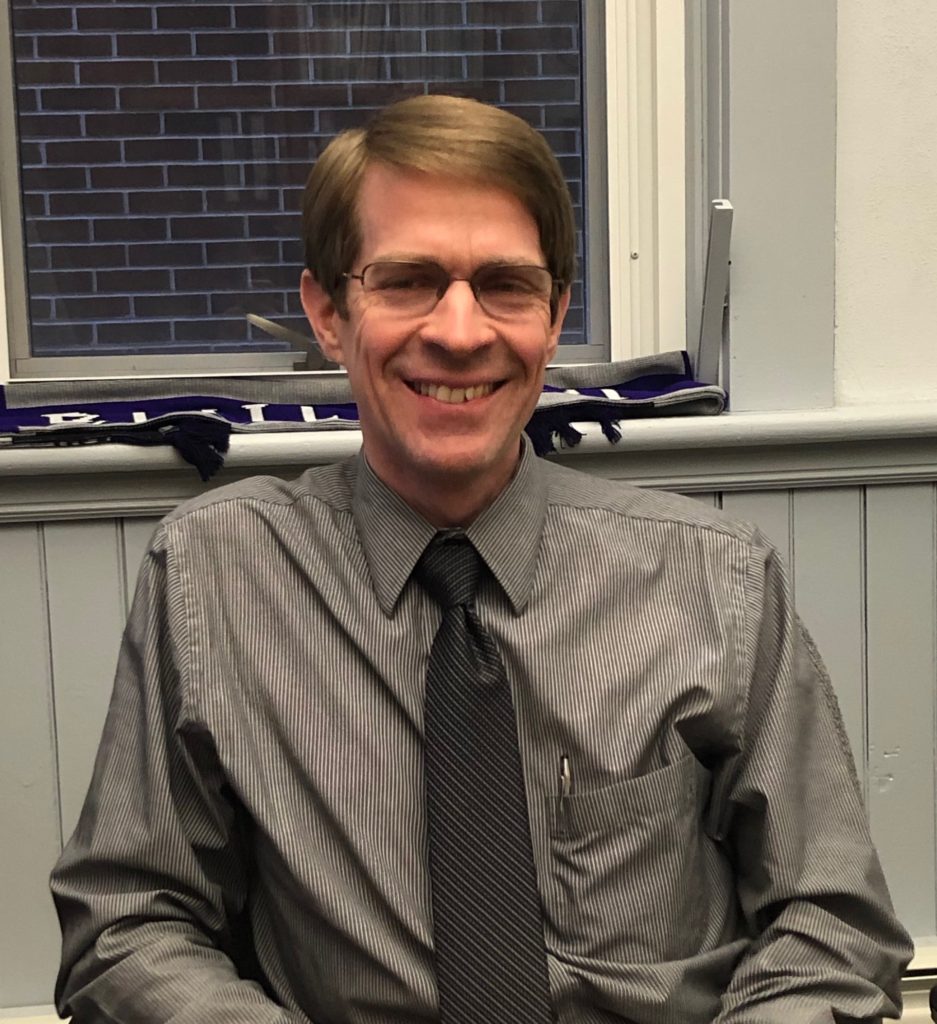
“[This year’s theme] is a theme that we readily came together on as being a significant one,” said Vice President and Dean of Academic Affairs Lamar Nisly. “It seems like we are at a point in our country where everything that happens looks different depending on your political starting point.
It becomes so difficult to have conversations where people listen across those lines. We may not entirely agree on every detail, but we will almost certainly, if we lean into conflict, find ways that we can have places of connection.”
Nisly said the theme is intended to help participants in two areas: the process of communicating during tough conversations and specific, challenging subjects.
Assistant Professor of Communication Marathana Prothro was selected as this year’s Civic Engagement lecturer, and will deliver her presentation, “Using Ancient Wisdom to Stop Destructive Communication in its Tracks: Reining in Gottman’s Horsemen,” in forum on April 2.
The tradition of Civic Engagement Day revolves around different presentations hosted by faculty, students, organization and classes. For example, sophomores Joey Grega and Connor Kaminicki and freshman Jake Kiger will present “How Free is Free Speech?” at this year’s event.
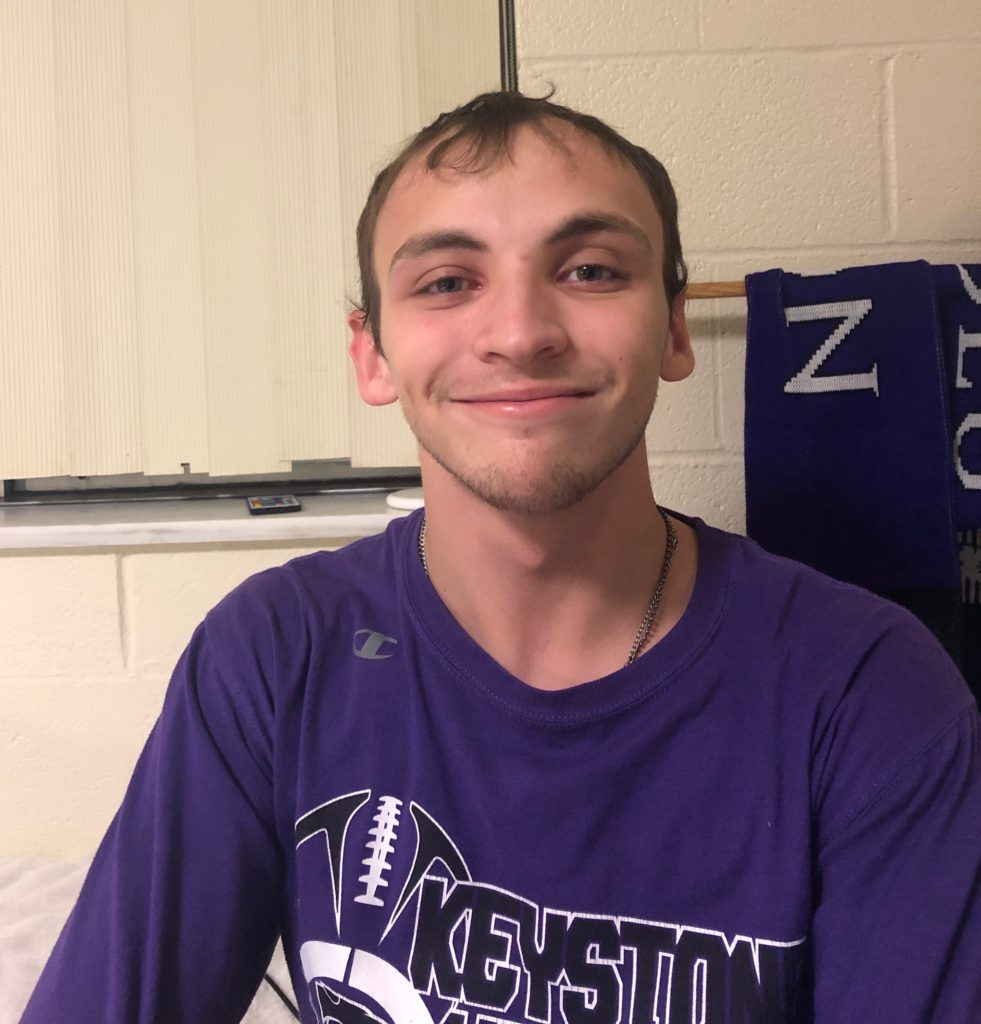
“The backbone we have is about how much freedom of speech is actually protected versus how much people think it’s protected,” Grega said. “It becomes a tough conversation in terms of figuring out how much speech should actually be protected and how much is actually a respectful conversation. It’s a tough topic to talk about because you can argue a lot of people shouldn’t be able to protest certain things because they’re considered ‘wrong.’”
The expectation is that students go to at least as many sessions as they have classes that day. Nisly said he hopes students embrace “learning for the sake of learning” by attending sessions that can help them see how their interests can be shaped by broader interests.
Nisly developed the idea for Civic Engagement Day about 10 years ago as a result of a grant called Pathways for Vocation and Exploration. He said others were also interested in having a focus for the year around which students would be given the opportunity to think about questions surrounding vocation.
“A lot of valuable learning happens each day when we got to class, but this is a day that breaks from that routine and allows students to think about learning that is not directly connected with what’s going to be on a test,” said Nisly.
“Most of life isn’t made up of classes, so it’s up to us to find ways to shape and broaden our understanding, to engage in what matters, to figure out ways we can connect in to bring about change in society in ways that are really valuable.”
Grega said the wide range of topics covered contributes to the importance of Civic Engagement Day.
“I think Civic Engagement Day is important because it gives us a chance to talk about certain topics that wouldn’t normally be brought up in classrooms,” Grega said.
Overall, Nisly said he hopes students engage as a campus around this practice of listening and speaking respectfully to create a better community.
“I hope on a more personal level that students go to hear from their colleagues and their friends. It’s great if you know somebody from a sports team or on your floor, but then find out what they have to say in an academic world,” said Nisly.
“We talk a lot about a community of respect, and this is part of the work of getting there. The topic is important and the process of learning together and learning outside of our narrow categories, like our majors, is really important.”
Click here for more information and a schedule of events.


